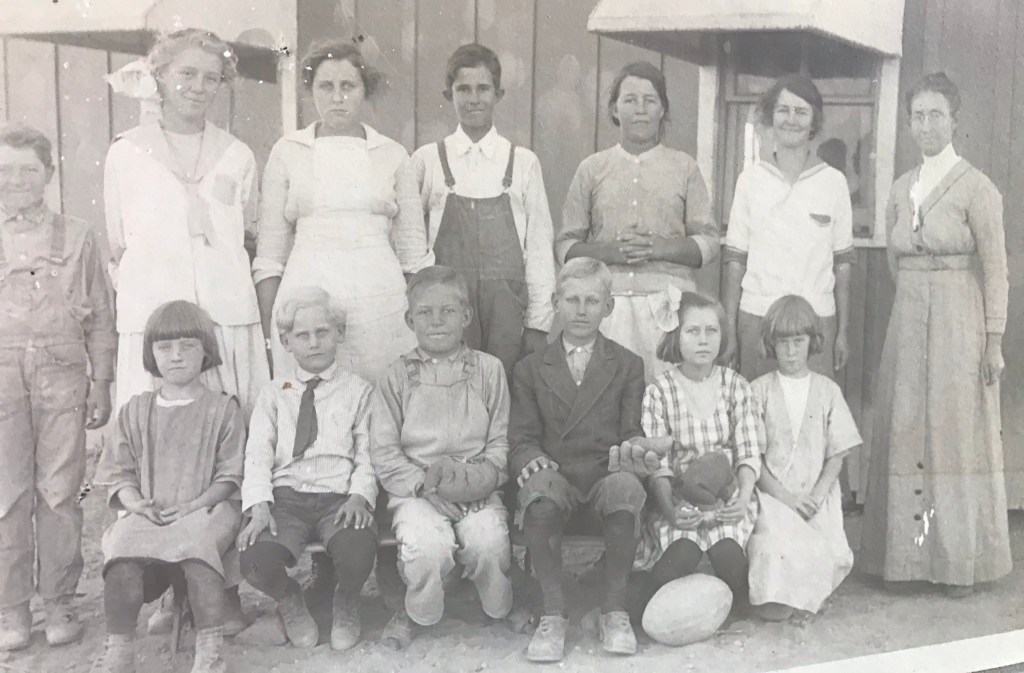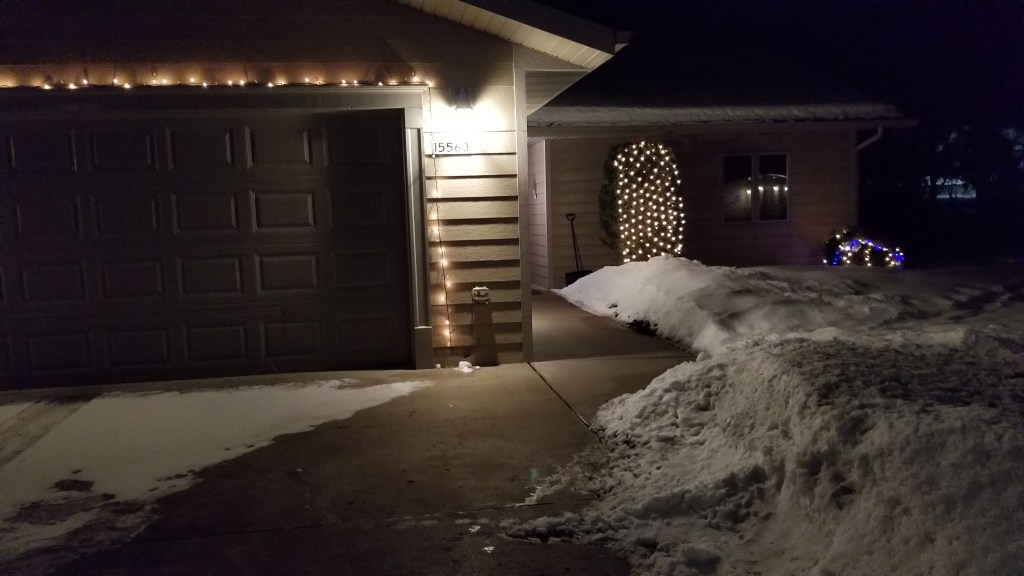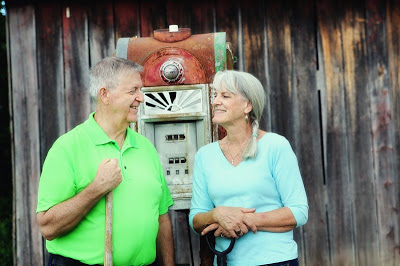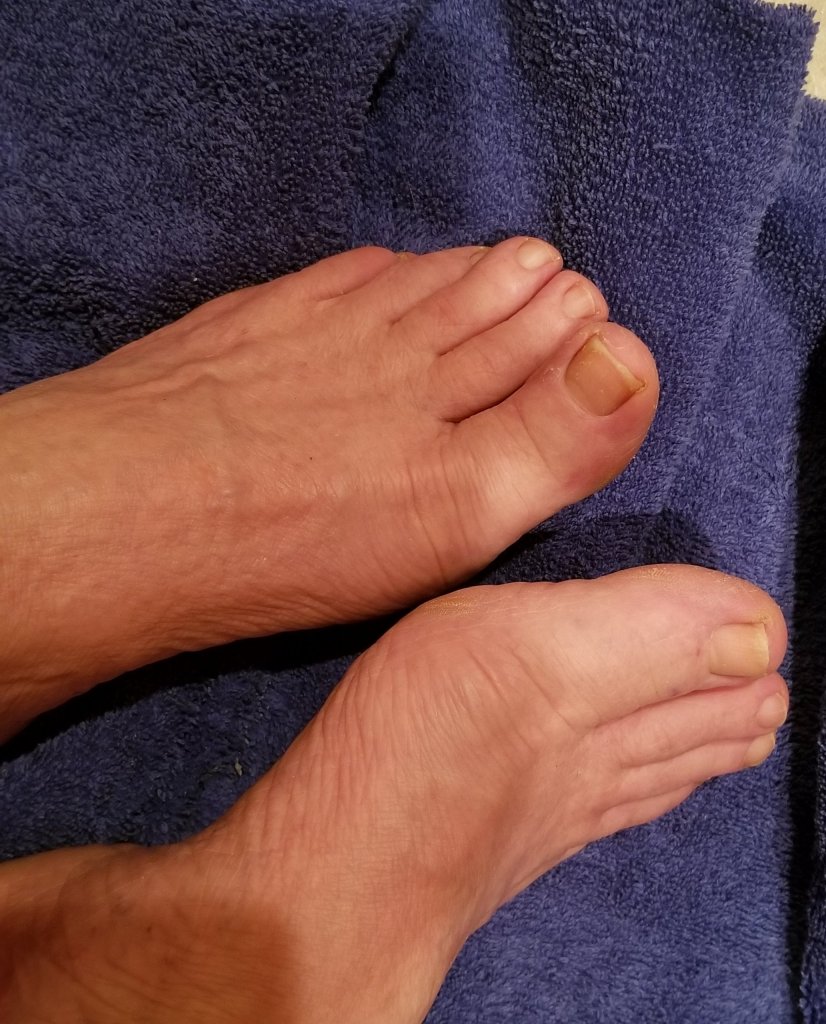He had ridden his bike for 20 minutes in the sweltering heat so his dark skin was wet with tiny droplets, which he quickly dispatched with the bottom of his T-shirt.
“How ya doin?” he said with an enthusiasm she could hardly imagine him having. She noticed he was sniffing in the direction of the kitchen. “Cookin’ up somethin good tonight?”
He was a pretty good cook himself, an expert actually, at the kind of food he liked best. When he was given free reign in the kitchen there was usually a lot of tasty fried chicken, and a lot of greasy pans to wash.
But he wasn’t there for the kitchen. The piano was where he was headed. He slid to the middle of the bench and started chording and doing small riffs with a rhythm right out of a black church choir. That’s where he had taken a job, at the St. Stephen’s African Methodist Episcopal Church. Too many names to even fit on the sign.
He had started experimenting with the keyboard after coming to a small hymn sing in the park near his home. His name was Chance, and that’s what she had offered him, a chance to learn. He was short for his 13 years of growing, and there was one hand that hadn’t grown normal fingers, not that it kept him from learning the chords he was taught. He loved playing on the black keys – his fingers had no trouble landing on those.
“You going to teach me to read notes today. We got to work on that. They want me to be able to play printed music and I’m fakin’ it now.”
He could listen to a tune and play it accurately after one go. With soul. But he wasn’t familiar with a lot of church music and had to hear it played first. That’s what she did for him. “Wish I could do like that Miss Allie. Let me hear that verse part again.” But no matter what the lesson was, he would end up playing his favorites, quickly tiring of practicing notes on lines and spaces.
He would make it look so easy, going up and down the keyboard with chord progressions that were not the usual, but so compelling. She had told him that the piano was in the percussion family of instruments – hammers hitting strings inside a box – but his brand of percussion was foot on the pedal. It felt like the room was moving, and more than once she had to remind him to go easy. He had broken the inner workings of the sustain pedal once already.
He sang too. Quite well.
It was the beginning of a long acquaintance that branched out into lots more than music. Not all of it was easy or pleasant, but his optimism and bravado rarely failed him. Well, there was that one time…























